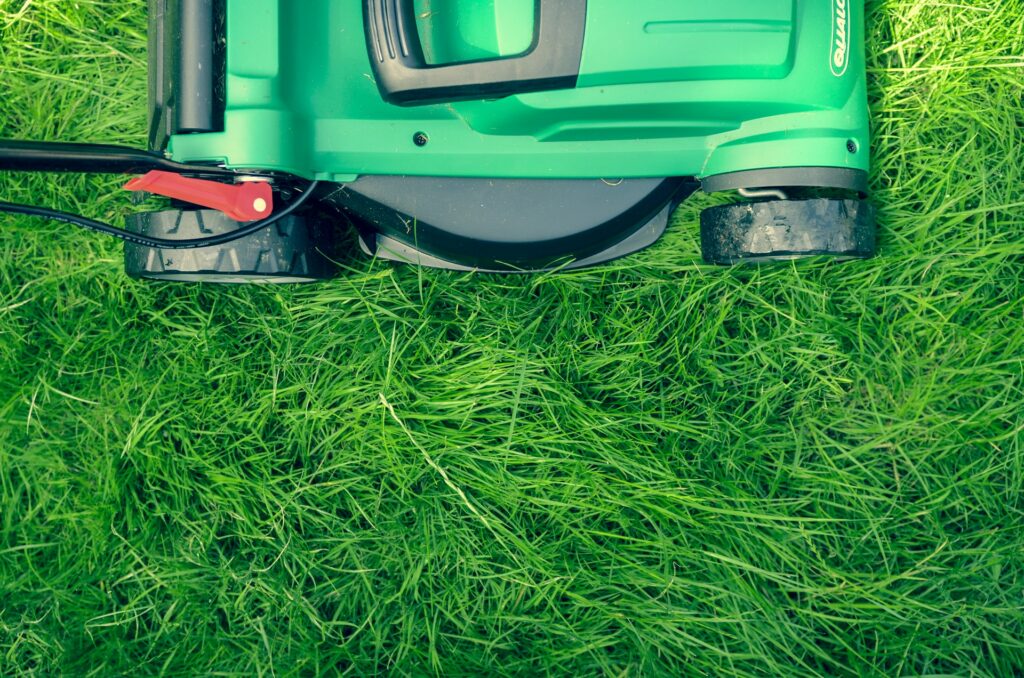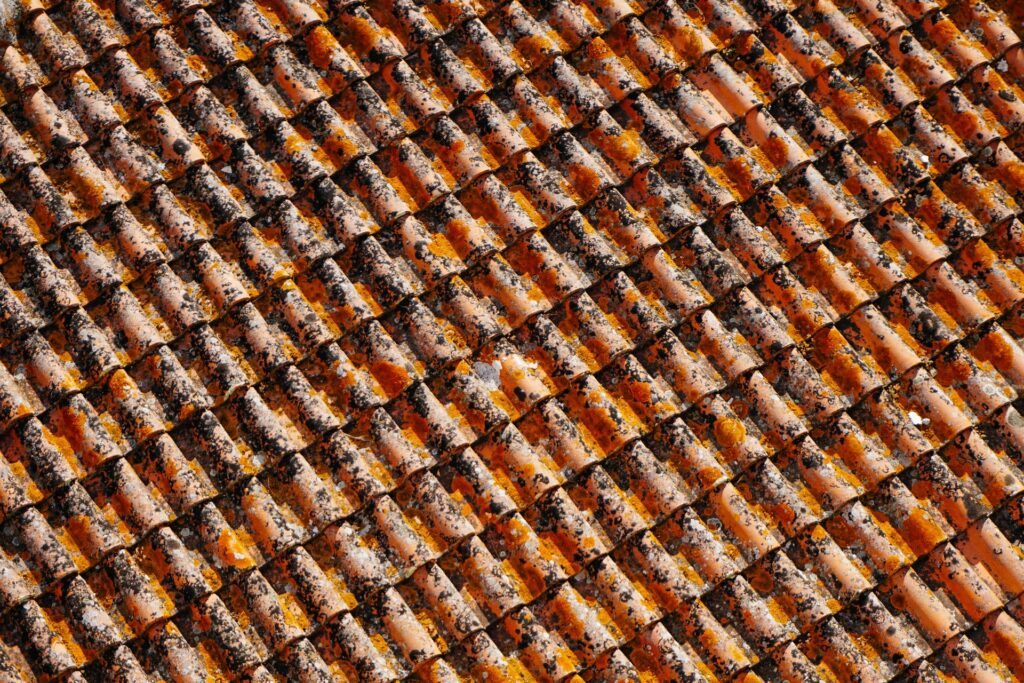Spring is just around the corner, and we all know what that means. Spring brings spring cleaning.
Now is the right time to get ready to do all the necessary home maintenance to keep your house in top shape. While such an endeavor can be overwhelming, have no fear. All you have to do is follow this handy guide, and your home will be in top shape with minimal effort.
So, let’s see what you should do to get your place to look its best this spring!
Inspect your sidewalks and walkways
Concrete sidewalks can take a beating during the freeze-thaw cycles of winter. The first step to concrete spring maintenance is a good cleaning. Sweep away, or power wash any debris so you can get a good look at the current condition. Next, carefully inspect the concrete, checking for cracked or crumbling areas.
If possible, fill cracks with a concrete crack filler or silicone caulk. When weather permits, power-wash and then seal the concrete. If your concrete sidewalk or driveway requires more serious repairs, or perhaps parts of the concrete are no longer level, look for a professional concrete leveling in St Louis service, or similar services where you are. This type of job is best left to the experts! Also, be on the lookout for deposits of a white substance; this is called efflorescence, and it’s a sign that your walkway is absorbing water.
In case your concrete is beyond repair, consider replacing it with natural stone. It is a long-lasting, eco-friendly alternative and a wise investment overall.
Check your lawn equipment

After a season of hibernation, chances are your lawn equipment won’t start right away. The lawnmower, in particular, is a usual culprit of sluggishness starting after prolonged periods without use.
In most cases, this is caused by high humidity, and winter brings plenty of it. High humidity causes water vapor to condense inside the carburetor and the fuel tank. When this happens, water droplets mix with the gas. This mixture isn’t ideal for spark formation; hence, the mower won’t start.
To fix this problem, change the gas in your mower. If this doesn’t work, try cleaning or changing the spark plug. To avoid such complications in the future, empty your mower’s gas tank before storing it for a long time.
Examine your windows and doors
During winter, the harsh weather conditions can break down some of the caulk and other weather stripping to prevent air loss. Take some time to carefully examine all of your doors and windows and be ready to repair any issues.
The bonus is proper sealant helps during the summer and winter because it prevents your inside air from going outside. Properly sealing your windows and doors will make your home more comfortable, so take some time to review your house during the spring before it gets too hot this summer.
Spring is also an excellent time to replace window screens that were damaged during winter. Do not throw away the nets you have taken down. Instead, save and use them to patch any holes you find the next spring.
Clean gutters and downspouts
After the last frost has passed, it’s essential to have your gutters and downspouts cleaned and repaired. Clogged gutters and downspouts can cause the wood trim at the eaves to rot, and that can invite all kinds of critters into your attic space.
Having your gutters and downspouts cleaned early in the season can also help prevent damage from spring rains.
Additionally, clogged gutters might eventually crack or break, leaving openings in your roof that can result in severe water damage. As soon as it’s warm enough to do so, it’s essential to clean your gutters. Break out a ladder to clean any drains that you can find yourself. Any channels you can’t get to will require help from a professional.
Don’t forget the roof

Winter often damages roof shingles, so you might want to inspect them to determine if repairs are necessary. Look out for loose, cracked, and buckled shingles.
Also, examine the flashing around skylights, plumbing vents, and chimneys. If repairs are necessary, hire a qualified contractor to do it.
You might also want to wash debris off your roof. When doing this, avoid using power washing because it damages roofing materials. Damages resulting from this kind of washing can void your roof warranty, although this depends on the terms and conditions of your manufacturer’s quality guarantee.
The best way to wash your roof is to use bathroom cleaners. These will safely remove any molds, excess dirt, and any other debris that can weaken your roof.
Extra tip: if you have asphalt shingles on your roof and keep finding piles of black grit in your gutters, it’s probably from your shingles decomposing. Sun damage causes asphalt shingles to break apart, and when this happens, it’s time to replace your roof. Doing so in the spring can help prevent the hot summer sun from causing even more damage.
HVAC maintenance
Spring is the ideal time of the year to have your cooling system serviced before temperatures start to rise. This is one thing you don’t want to procrastinate on — otherwise, you could end up with an unexpected cooling system emergency on the hottest day in July.
If you do the maintenance work yourself, be careful not to damage any wires or components.
Spring and fall are the perfect times of the year to change out your system’s air filters. Doing so will improve the air quality in your home and allow your system to run more efficiently. Changing the air filters also helps minimize mold and pollen build up.
If you use a window unit for your AC, you should clean out the air filters and clean the coils in your unit’s front and back, so airflow is not hindered.
Test your smoke and carbon monoxide alarms
As the seasons change, it is essential to test your smoke alarms and carbon monoxide detectors. Change batteries and replace units as needed to ensure your family’s safety from fire or gases inside of your home.
It’s a good idea to test your safety alarms regularly, and doing so during spring maintenance is an excellent way to remember to do it. If need be, keep a supply of batteries on hand that you’ll only use for your alarms, and replace any alarms that are out of date.




